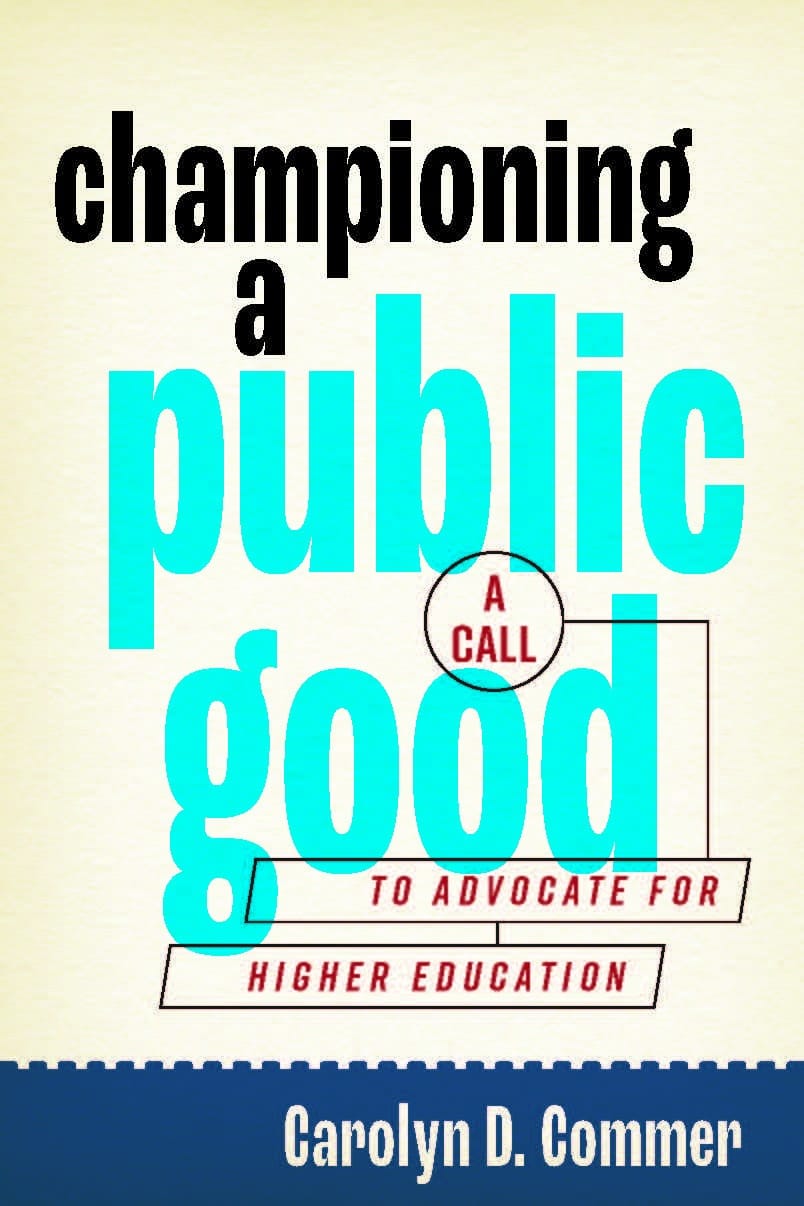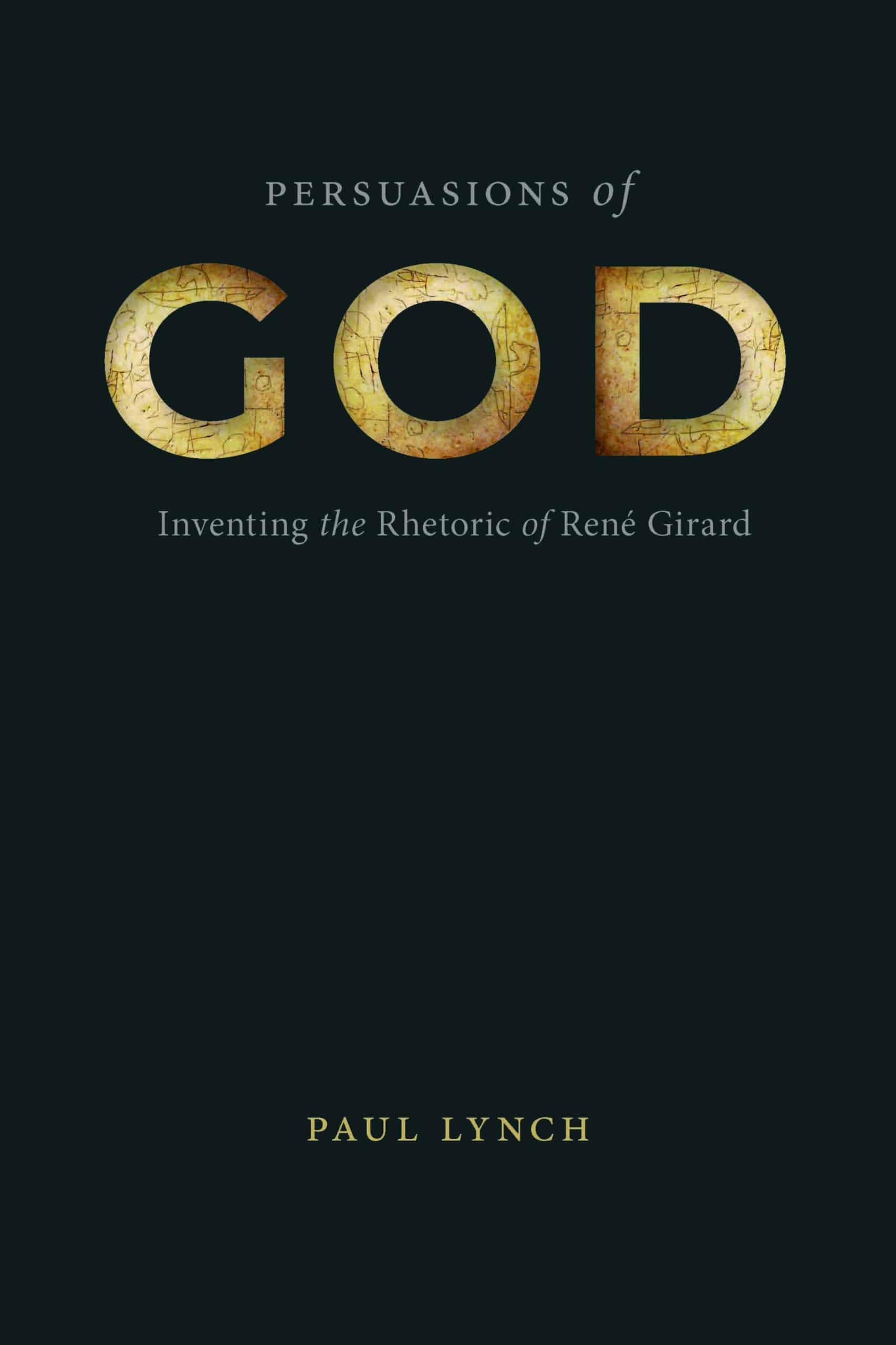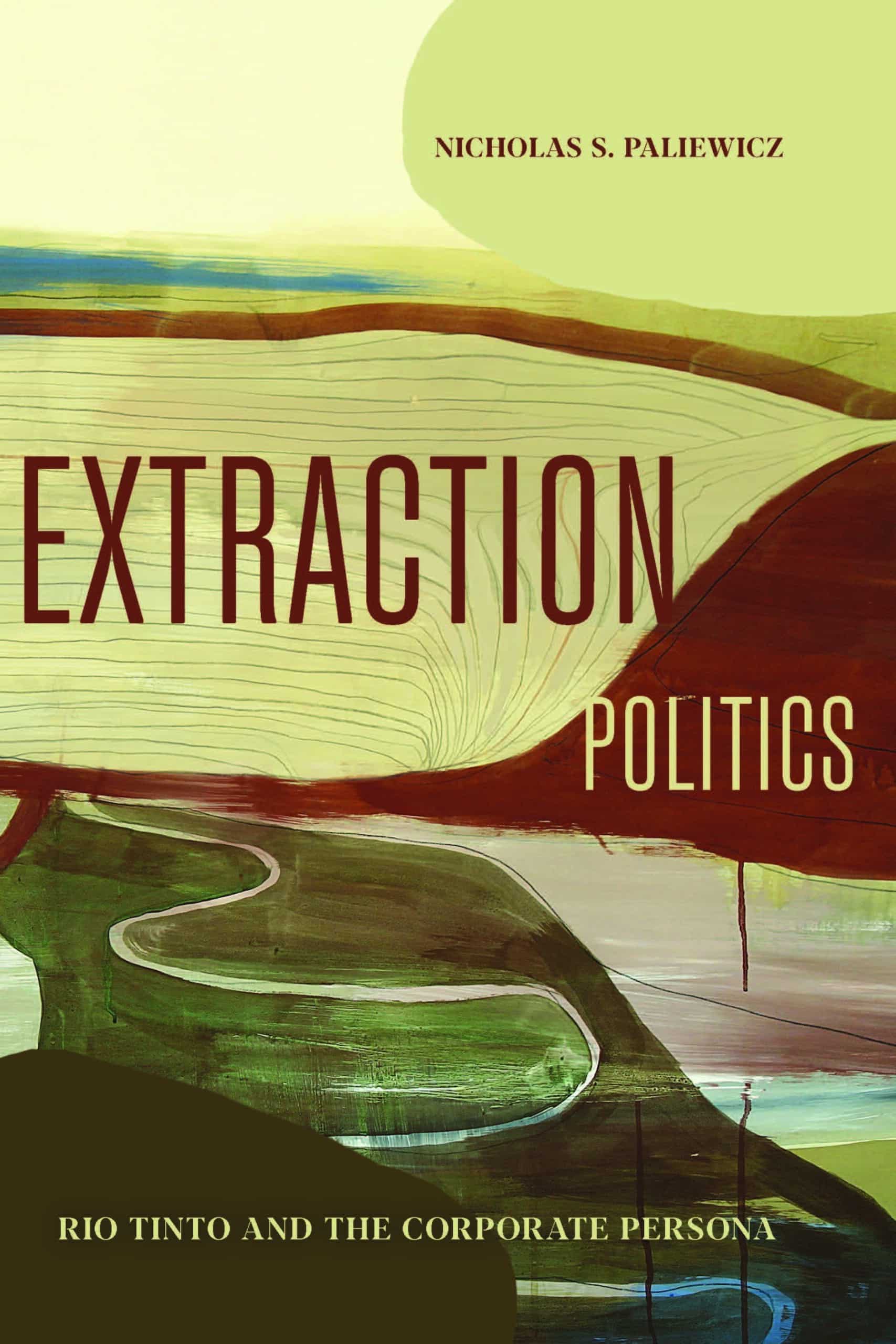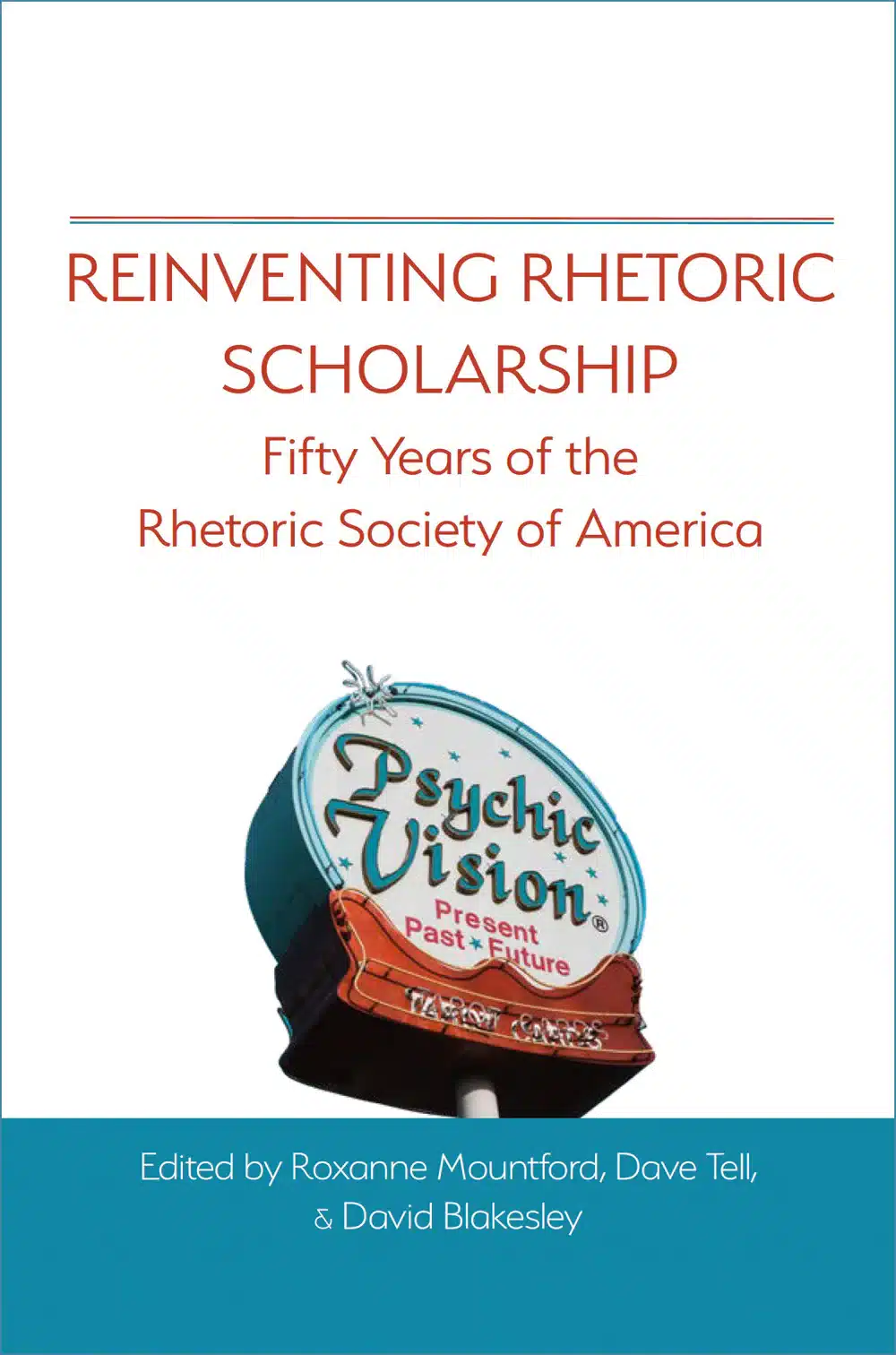
Reinventing Rhetoric Scholarship: Fifty Years of the Rhetoric Society of America (RSA Conference 2018)
The RSA Series in Transdisciplinary Rhetoric is published by the Pennsylvania State University Press in collaboration with the Rhetoric Society of America.
About the series
Books published in this series consider rhetoric as both a practice and as a theoretical lens through which to engage other fields, and they investigate how rhetoric itself is complicated as a result of this transdisciplinary exchange. They appeal, first, to scholars in communication studies and English or writing and, second, to at least one other discipline or subject area. These include, but are not limited to, the rhetoric of science; posthumanist rhetorics; animal studies; the relation of rhetoric and law; digital and visual rhetorics; the intersections of rhetoric and the medical sciences; the networks of rhetoric and economics. Books are well written and accessible to a broad range of students and scholars, as well as innovative and rigorously argued, combining theoretical sophistication with smart case analysis.
submissions to the series
Submissions should include a 3–5-page proposal outlining the intent of the project, its scope, its relation to other work on the topic, the anticipated audience, and what makes it transdisciplinary, including an explanation of what the project promises to contribute to another discipline (or disciplines) and how this transdisciplinary engagement will complicate rhetoric as a field of inquiry. Please also include 1 or 2 sample chapters (at least 1 body chapter) and a current CV.
discount info
- For orders within the US please use discount code RHSA40
- For orders from the UK / European distributor please use discount code RHSAM


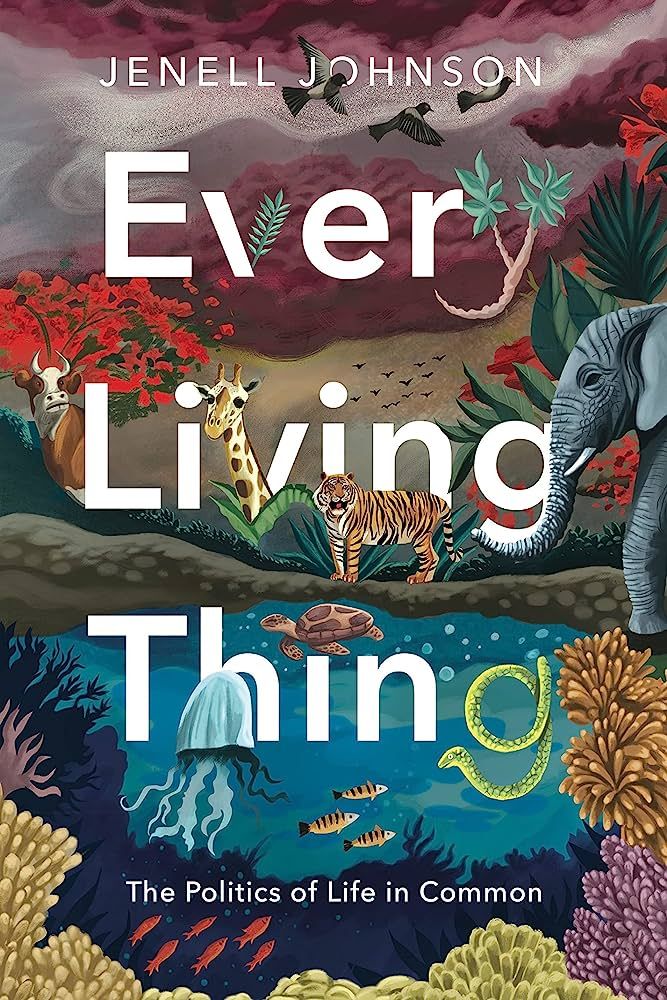
Rhetoric needs more audacious scholarship, and Every Living Thing is audacious yet rigorous. The inclusive nature of Johnson’s approach is exemplary. Scholars of rhetoric will be citing from all parts of this book for years to come.
Debra Hawhee
author of Rhetoric in Tooth and Claw: Animals, Language, Sensation
Browse the series
-
Championing a Public Good
A Call to Advocate for Higher Education Carolyn D. Commer From decreased funding to censorship controversies and rising student debt, the public perception of the value of higher education has […]
Read More -
Remembering the War, Forgetting the Terror
Appeals to Family Memory in Putin’s Russia Ekaterina V. Haskins Russian state propaganda has framed the invasion of Ukraine as a liberation mission by invoking the Soviet-era myth of the […]
Read More -
The Rise of the Algorithms
How YouTube and TikTok Conquered the World John M. Jordan The meteoric rise of online video is reshaping the competition for human attention. The Rise of the Algorithms argues that this new […]
Read More -
Persuasions of God
Inventing the Rhetoric of René Girard Paul Lynch The nations of the global north find themselves in a post-secular or post-Christian period, one in which the practice, expression, and effects […]
Read More -
Extraction Politics
Rio Tinto and the Corporate Persona Nicholas S. Paliewicz An investigation into one of the largest and most lucrative mineral mining companies in the world, Rio Tinto, Extraction Politics reveals how the […]
Read More -
The Wound and the Stitch
A Genealogy of the Female Body from Medieval Iberia to SoCal Chicanx Art Loretta Victoria Ramirez The Wound and the Stitch traces a history of imagery and language centered on the […]
Read More
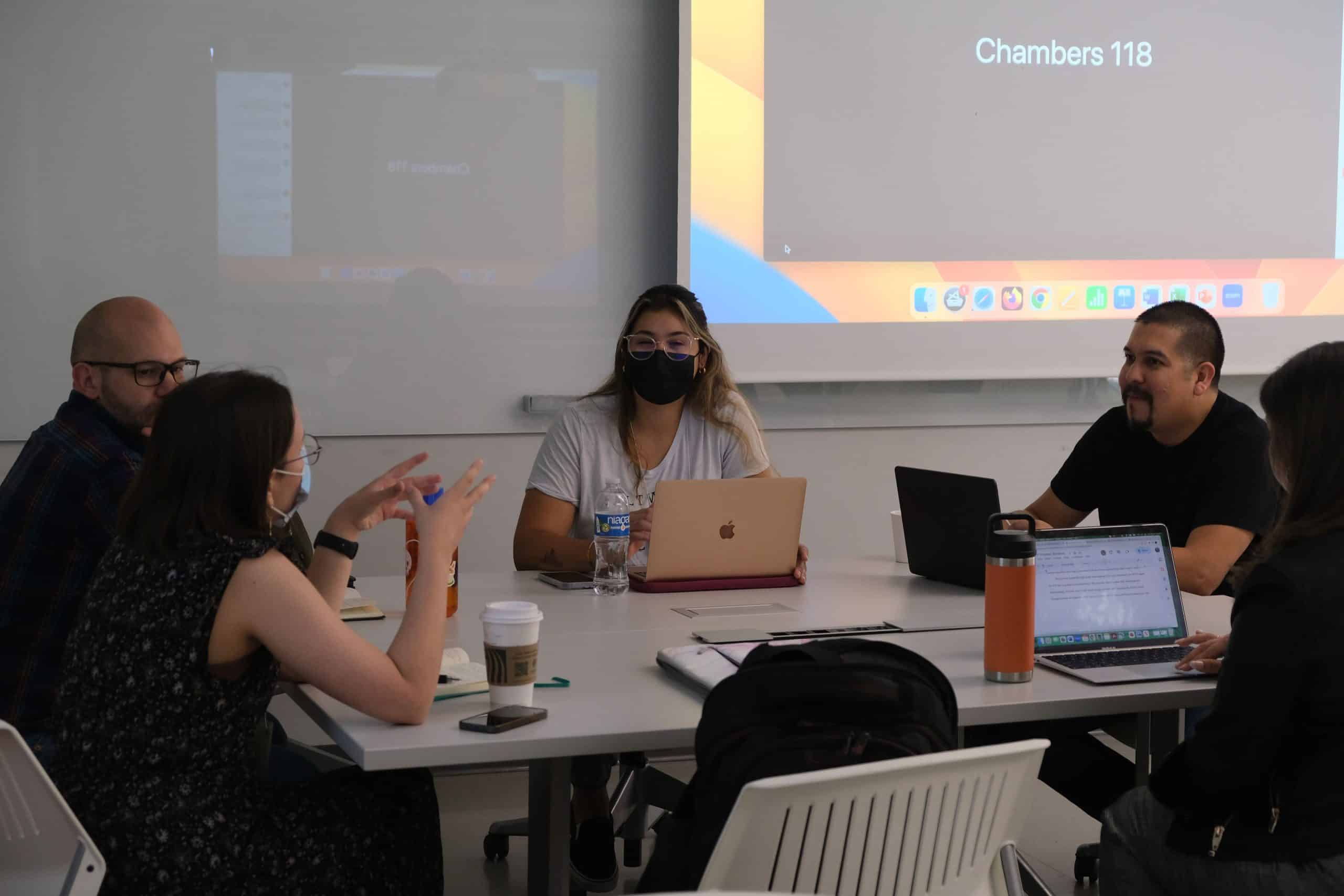
BECOME A MEMBER OF THE RHETORIC SOCIETY OF AMERICA
Joining RSA puts you into direct contact — via this website, RSA conferences and institutes, and other RSA members-only resources — with a large and growing interdisciplinary group of scholars who share your interest in rhetoric. Members receive access to Rhetoric Society Quarterly, special rates on events, and are eligible to be nominated for RSA awards.
